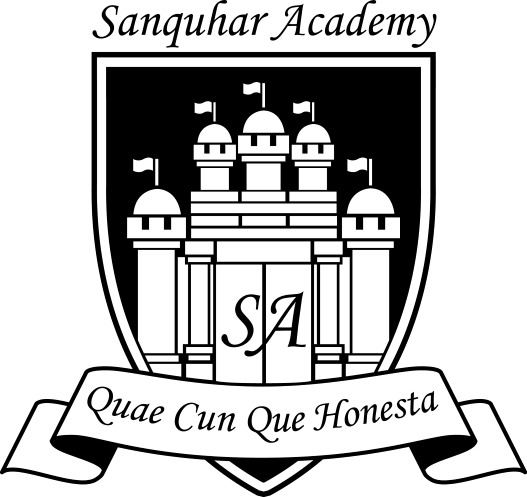Curriculum for Excellence (CfE) is bringing learning to life in the way education is delivered for all 3-18year olds – in nursery, primary, secondary, at college, workplace or community learning. It aims to raise standards, improve knowledge and develop skills, closing the gap between the lowest and highest performers. Ultimately it aims to nurture children and young people as successful learners, confident individuals, effective contributors and responsible citizens.
How does Curriculum for Excellence work?

Curriculum for Excellence includes four contexts for learning:
- Curriculum areas and subjects
- Interdisciplinary learning
- Ethos and life of the school
- Opportunities for personal achievement
Curriculum levels and stages
The curriculum has two stages: the broad general education (from the early years to the end of S3) and the senior phase (S4 to S6). The broad general education has five levels (early, first, second, third and fourth). The senior phase is designed to build on the experiences and outcomes of the broad general education, and to allow young people to take qualifications and courses that suit their abilities and interests.

Broad General Education Children and young people work their way through Experiences and Outcomes in each of the five Curriculum Levels (Early, First, Second, Third, Fourth) and in each of the eight Curricular Areas. The five Curricular Levels span pre-school to the end of S3. This is the Broad General Education. Pupils progress at their own pace, working through the Experiences and Outcomes of the most appropriate level for them. Pupils will be supported in collecting evidence of their achievements, with a profile of these being produced in P7 and S3.
Experiences and Outcomes are what the learner will be able to explain or do. There are detailed Experiences and Outcomes for all subjects available on the Education Scotland website; teachers work to deliver these, and the progress of learners is measured in the achievement of Outcomes. Reporting to parents is likely to include information about children’s Experiences and Outcomes and about the Levels at which they are working. Senior Phase learners work towards qualifications in the Senior Phase. Available qualifications and awards include National 1, National 2, National 3, National 4, National 5, Higher, Advanced Higher, Skills for Work, Progression Awards. Learners may also gain awards such as the John Muir Award, the Duke of Edinburgh Award and Youth Achievement Awards. When young people leave school aged 16+, they are entitled to a positive and sustained destination. This may be college, university, work, apprenticeships or training.

